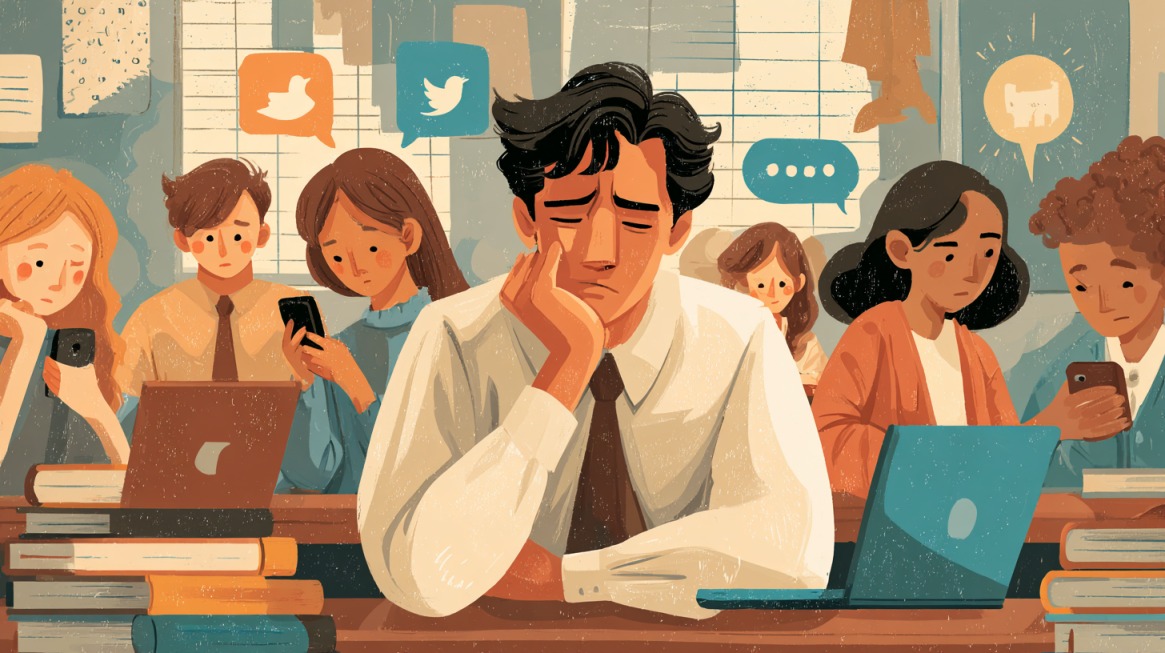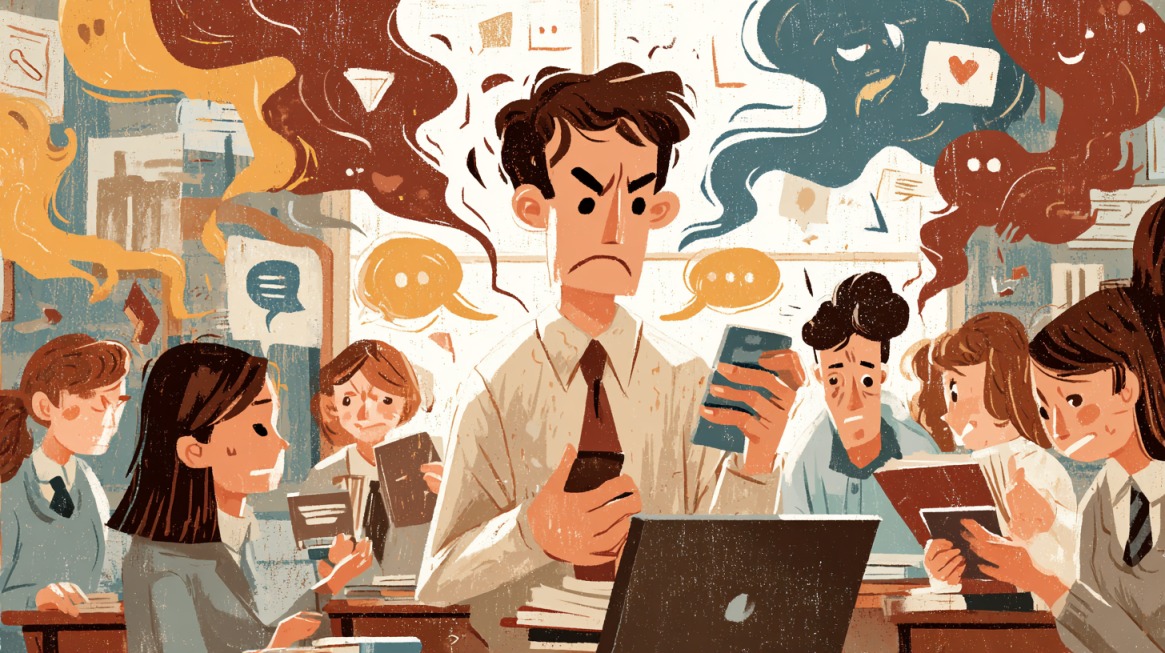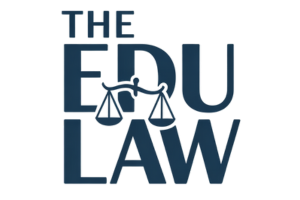Social media has become an integral part of daily life, and teachers are no exception.
- Share personal opinions
- Connect with peers
- Discuss education-related issues
At the same time, an increasing number of disciplinary cases highlight the tension between personal expression and professional expectations.
The conflict often revolves around balancing First Amendment rights with the responsibility to maintain public trust and uphold school standards.
Let us talk about this subject.
The Legal Framework
Legal considerations around teacher social media use are shaped by constitutional protections, court rulings, and statutory regulations.
Educators must be aware that while they have rights as citizens, those rights are balanced against their professional duties and the operational needs of their employers.
First Amendment Protections for Public School Teachers
Public school teachers enjoy certain free speech rights as government employees, but these rights have defined boundaries.
Courts use the Pickering Test to determine if an online statement addresses a matter of public concern and if that interest outweighs the school district’s need for stability and efficient operations.
Speech created in connection with official job duties typically receives no constitutional protection under Garcetti v. Ceballos.
Judges also consider the context and potential effects of the expression.
- Nature of the speech: Public vs. private communication.
- Impact on school operations: Level of disruption caused.
- Subject matter: Public concern vs. personal grievance.
Limits of First Amendment Protection
Even when speech is personal, certain online conduct falls outside constitutional safeguards.
Content can lose protection if it causes harm, violates professional ethics, or disrupts school operations. Teachers should be aware of high-risk behaviors.
- Involves cyberbullying, harassment, or discriminatory remarks.
- Targets students or colleagues with derogatory language.
- Creates a hostile environment or substantial disruption within the school.
When Teachers Can Be Fired

While protections exist, social media activity can still lead to lawful termination if it crosses certain lines.
School districts and administrators evaluate such situations by balancing legal considerations, public trust, and the educator’s ability to perform duties effectively.
Severity, frequency, and impact of the conduct all influence disciplinary decisions.
- Violating district rules or state ethics codes: Breaches of formal policy, especially those tied to professional conduct.
- Creating significant disruption: Online posts that affect staff morale, community trust, or daily school operations.
- Damaging authority or credibility: Statements that undermine the teacher’s position as a role model or authority figure in the classroom.
- Breaching confidentiality: Sharing private student information or internal school matters without authorization.
Engaging in discriminatory or harassing conduct: Public statements that target individuals or groups in violation of anti-discrimination laws.
Employer and State Policies
Employer rules and state-level regulations often provide another layer of restrictions.
These policies address both professional conduct and the safe, ethical use of digital platforms by educators.

School District Social Media Policies
Many districts have comprehensive social media guidelines that aim to protect both staff and students.
These policies are designed to prevent inappropriate relationships, safeguard student privacy, and uphold public trust.
- Discouraging teachers from friending or following students on personal accounts.
- Encouraging strong privacy settings on personal profiles.
- Restricting specific content on school-sponsored social media accounts.
Educator Codes of Ethics
Most states require educators to follow codes of ethics that define acceptable conduct on and off duty.
Social media posts can breach these codes if they undermine integrity or create distrust within the community.
- Inappropriate student communication, even outside school hours.
- Posting offensive language, imagery, or unprofessional content.
- Sharing student records or information without consent risks FERPA violations.

Rights Under Labor Law (NLRA)
Labor protections play a significant role in determining how much freedom educators have when discussing workplace issues online. Section 7 of the National Labor Relations Act (NLRA) grants employees the right to engage in “concerted activities” for the purpose of mutual aid or protection.
For teachers, this can include conversations about working conditions, pay, hours, or union activities without fear of retaliation.
In the modern digital environment, social media often serves as the space where such discussions occur.
However, NLRA protection is not absolute. Speech that crosses certain lines may lose protection, especially if it damages professional relationships, disrupts school operations, or maliciously targets individuals.
The National Labor Relations Board (NLRB) evaluates cases to determine if the expression is genuinely about workplace issues or is simply personal criticism without a constructive purpose.
- Protected topics: Conversations about salary, benefits, working hours, school resources, or staff treatment can be safeguarded under the NLRA.
- Policy review: Overly broad or vague employer policies that suppress legitimate employee speech can be struck down by the NLRB.
- Loss of protection: Content that mocks, insults, or attacks the employer, students, parents, or colleagues maliciously or recklessly may forfeit legal protection.
- Group activity requirement: Isolated complaints without any connection to a group concern may not qualify as “concerted activity” under NLRA rules.
Practical Guidance for Educators

Teachers operate within a professional framework where legal rights must coexist with ethical obligations and public expectations. By taking a careful approach to online engagement, educators can reduce their exposure to risk while still participating in important conversations.
Being intentional about both tone and content is critical to maintaining professional standing.
How to Safeguard Your Rights
Educators can adopt proactive strategies to protect their speech while avoiding situations that could harm their careers.
Applying clear boundaries between personal and professional lives, as well as ensuring content aligns with ethical guidelines, makes it easier to defend against accusations of misconduct.
- Using disclaimers: Clearly state that opinions are personal and not reflective of the school district.
- Focusing on constructive topics: Discuss educational policy, community matters, or systemic issues rather than personal grievances.
- Maintaining professionalism: Keep tone respectful and language measured, even during debates on controversial subjects.
- Keeping private matters private: Use privacy settings wisely while recognizing that nothing online is ever entirely private.
What to Avoid

Certain behaviors are far more likely to trigger disciplinary action. Even legally protected speech can cause reputational damage or ethical concerns if expressed poorly.
Avoiding these high-risk actions is essential for career safety.
- Using derogatory or inflammatory language: Name-calling or aggressive tone can quickly escalate into disciplinary territory.
- Posting about students without consent: Sharing identifiable information or images can lead to legal and ethical violations, including breaches of privacy laws.
- Connecting with students via personal accounts: It can blur professional boundaries and create trust concerns with parents and administrators.
Publishing content that undermines public confidence: Even off-duty conduct can affect perceptions of a teacher’s ability to lead a classroom.
Summary
Social media offers teachers opportunities for professional networking, advocacy, and personal expression, but it also carries risks.
Awareness of constitutional protections, labor rights, and employer policies is crucial.
By exercising caution, respecting boundaries, and aligning online conduct with professional standards, educators can safeguard both their careers and their right to speak.

